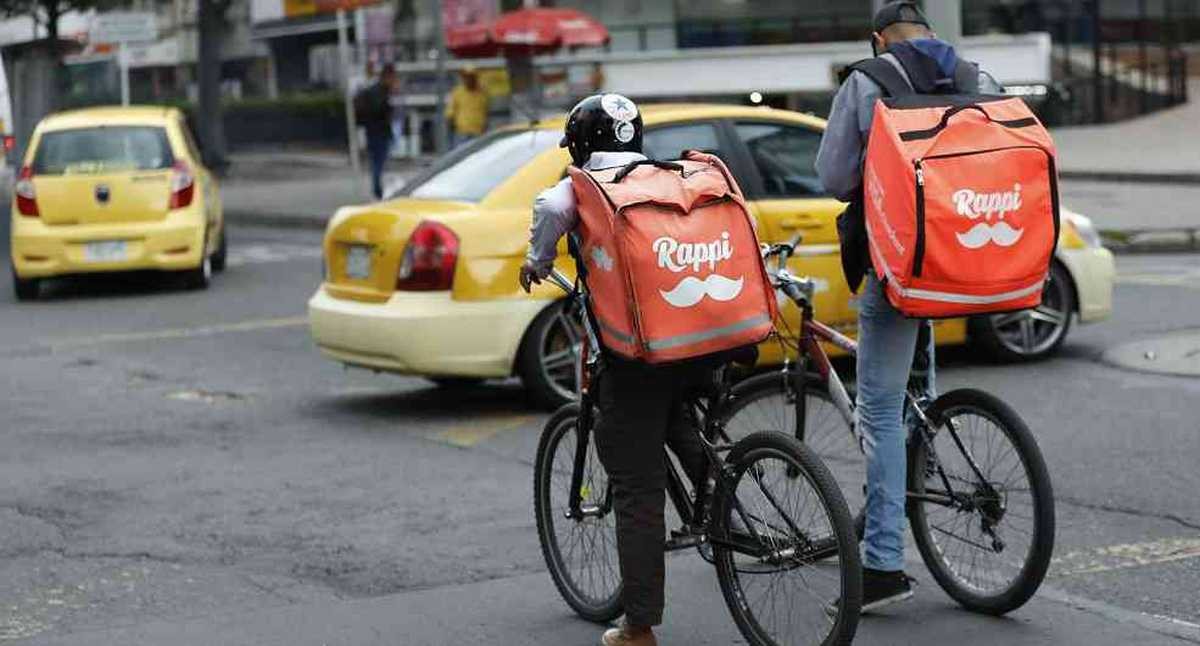The president of Rappi, a Colombian food delivery company, in Brazil, Tijana Jankovic, has filed an accusation with the Administrative Council for Economic Defense (CADE) of Brazil against competitor iFood. According to her, iFood is violating an agreement not to sign new exclusive contracts with restaurants proposed by the Brazilian antitrust regulator.
Tiana Jankovic claims that iFood has renewed contracts that should have ended, and continues to threaten restaurants that choose to operate on more than one platform. These restaurants face exclusion from marketing companies, less visibility on the platform and a lack of responsive service.
According to the Brazilian Bar and Restaurant Association (ABRASEL), iFood owns 80% of the delivery market in Brazil. Restaurants that are exclusive to the platform include such giants as McDonald's and Habib's.
Therefore, there are other stakeholders in filing a complaint against iFood with CADE, such as ABRASEL itself, the National Restaurant Association and the Uber Eats service, which recently left the Brazilian market. Tijana Jankovic is convinced that "if something changes," Uber Eats will start working again in Brazil.
According to the president of Rappi in Brazil, other restaurants are afraid to actively oppose iFood for fear of losing access to the platform and delivery. The effects of the pandemic on the economy have made it almost impossible for small and medium-sized restaurants to move to other platforms. They can't stop selling to a company that owns 80 percent of the market. Meanwhile, iFood continues to violate the terms of the agreement proposed by CADE.
"While CADE's measures were swift and correct, they would have had a greater effect when the market was less consolidated. If we had entered a freer market, that in itself would have prevented further concentration. So the CADE measure only held up the level of concentration that already existed. The other problem is that the measure was not followed as prescribed,"
said Tijana Jankovic.
The problem is not that iFood owns 80 percent of the market, she said, but "how that market is built with such a power. No other company, small or large, simply can compete anymore.
"We're not asking CADE to give us market share, we're asking that we have the ability to compete with the same advantages and disadvantages. They [iFood] can have up to 95% of the market, if it is their merit."
Last year, ABRASEL, the Brazilian association for bars and restaurants, filed a complaint with CADE asking it to stop exclusive deals for all platforms.
In March 2021, CADE passed a preventive measure preventing iFood from entering into new exclusive contracts with restaurants and bars. However, the decision did not apply to exclusive contracts that had been signed before.
In July 2022, iFood answered a series of questions from CADE and asked for confidential treatment and limited access for its answers. According to CADE, the purpose of the questions was to assess whether "anticompetitive conduct in the form of abuse of a dominant position" occurred in the case of iFood.
Source: Brazil Journal




